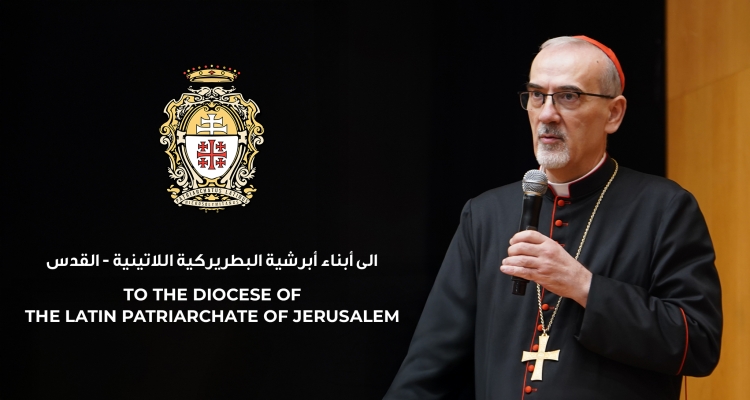“Counseling the Doubtful”
The Octave of Easter, the eight days of celebration beginning on Easter Sunday, offers a perfect starting point for reflection on the spiritual work of mercy of “counseling the doubtful.” Let me quote some verses from the Gospels of that week that describe the response of the close circle of apostles and disciples to the death of Jesus and the “unbelievable” news that he was now risen.
“After Mary Magdalene and the other Mary had heard the message of the angel that Jesus had been raised from the dead, they left the tomb quickly with fear and great joy, and ran to tell his disciples.” (Matt 28:8) “Then Jesus said to them, ‘Oh, how foolish you are, and how slow of heart to believe all that the prophets have declared!’” (Luke 24:25) “He said to them, ‘Why are you frightened, and why do doubts arise in your hearts?’” (Luke 24:38) “When Simon Peter heard that it was the Lord, he put on some clothes, for he was naked, and jumped into the sea.” (John 21:7) “When the disciples heard that he was alive and had been seen by her (Mary Magdalene), they would not believe it… And they (the two disciples ‘walking in the country’) went back and told the rest, but they did not believe them.” (Mark 16:11, 13)
We certainly see in the experience of the early Christian community that doubt was part of the process of coming to faith. Counseling the doubtful requires that we not judge or criticize the lack of faith of a person experiencing doubt. In the Emmaus story, Jesus provides a model of this spiritual work of mercy. He listens to the disciples recount the pain and suffering they have experienced because of the violent death by crucifixion of their beloved friend, Jesus. Doubt often arises from these kinds of experiences. Something happens that seems like “the end of the world” for the person. Everything held dear or taken for granted is snatched away, to the point that belief in God is severely shaken and tested. Counseling the doubtful involves listening and accompanying people in their suffering and confusion. It is important to take the time necessary for them to share their story before providing counsel with the aim of reminding them of a long journey of faith and experience of God prior to the crisis they are experiencing. Jesus reminded the disciples on the way to Emmaus of the evidence in God’s word that what had happened needed to happen. Our listening and providing counsel to the doubtful offers the space and time people need in order to move through a process of deepening their relationship with God and coming to a new experience of faith.
by Very Rev. Tom Enneking, OSC, KHS (Phoenix)


